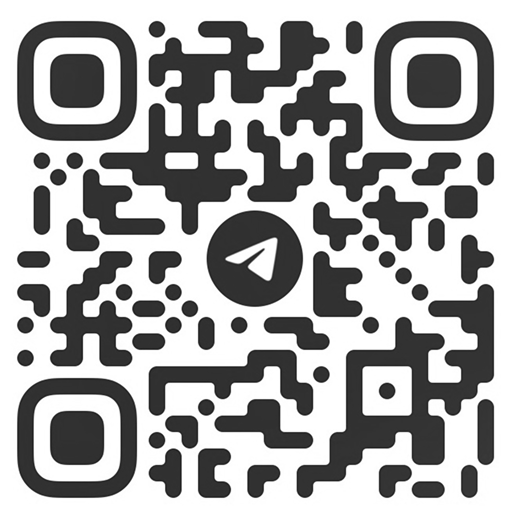Unfortunately, there’s no official way provided by Apple for this purpose. Let’s look at two methods for solve this problem.
Method 1
Apple provides a way to specify application specific language, by updating the “AppleLanguages” key in NSUserDefaults. For example:
[[NSUserDefaults standardUserDefaults] setObject:@"fr" forKey:@"AppleLanguages"];
[[NSUserDefaults standardUserDefaults] synchronize];
For working this method, you’ll have to set it before UIKit initialized.
#import <UIKit/UIKit.h>
#import "AppDelegate.h"
int main(int argc, char * argv[]) {
@autoreleasepool {
[[NSUserDefaults standardUserDefaults] setObject:@"fr" forKey:@"AppleLanguages"];
[[NSUserDefaults standardUserDefaults] synchronize];
return UIApplicationMain(argc, argv, nil, NSStringFromClass([AppDelegate class]));
}
}
The problem of this method is that the app has to be relaunched to take effect.
Method 2
The solution is to swap the mainBundle of our application as soon as user changes their language preferences inside the app.
See the category for NSBundle.
Header:
#import <Foundation/Foundation.h>
@interface NSBundle (Language)
+ (void)setLanguage:(NSString *)language;
@end
Implementation:
#import "NSBundle+Language.h"
#import <objc/runtime.h>
static const char kBundleKey = 0;
@interface BundleEx : NSBundle
@end
@implementation BundleEx
- (NSString *)localizedStringForKey:(NSString *)key value:(NSString *)value table:(NSString *)tableName
{
NSBundle *bundle = objc_getAssociatedObject(self, &kBundleKey);
if (bundle) {
return [bundle localizedStringForKey:key value:value table:tableName];
}
else {
return [super localizedStringForKey:key value:value table:tableName];
}
}
@end
@implementation NSBundle (Language)
+ (void)setLanguage:(NSString *)language
{
static dispatch_once_t onceToken;
dispatch_once(&onceToken, ^{
object_setClass([NSBundle mainBundle],[BundleEx class]);
});
id value = language ? [NSBundle bundleWithPath:[[NSBundle mainBundle] pathForResource:language ofType:@"lproj"]] : nil;
objc_setAssociatedObject([NSBundle mainBundle], &kBundleKey, value, OBJC_ASSOCIATION_RETAIN_NONATOMIC);
}
@end
In this method a problem that may arise is updating elements on active screens. You can reload your rootViewController from our application delegate, will always work reliably.
- (void)reloadRootViewController
{
AppDelegate *delegate = [UIApplication sharedApplication].delegate;
NSString *storyboardName = @"Main";
UIStoryboard *storybaord = [UIStoryboard storyboardWithName:storyboardName bundle:nil];
delegate.window.rootViewController = [storybaord instantiateInitialViewController];
}
All code you can see on github. With simple example.

Please, use for free and like it.
Note: in example project by default the app uses method #2. You can disable this. Just comment define USE_ON_FLY_LOCALIZATION.


